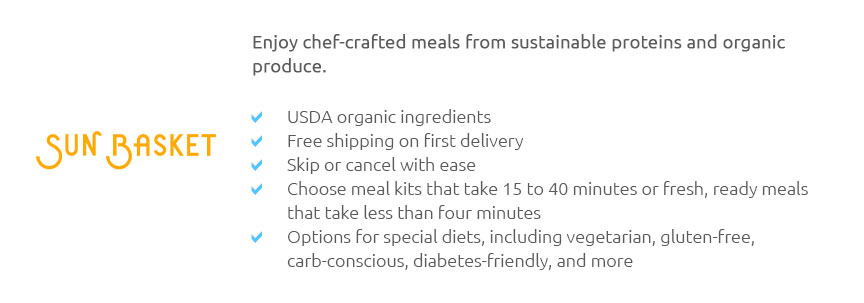 |
 |
 |
|---|
 |
|---|
 |
||||||
|---|---|---|---|---|---|---|
|
||||||
 |
 |
|||||
 |
 |
|||||
 |
 |
|||||
 |
 |
|||||
 |
 |
|||||
 |
 |
|---|
|
rf2gowhnu7e Exploring the World of Organic Meal DeliveriesIn today's fast-paced world, the demand for convenient, healthy eating options is on the rise, and organic meal deliveries are at the forefront of this culinary revolution. Offering a harmonious blend of convenience and nutrition, these services cater to a growing demographic that is increasingly conscious of what they consume. When delving into the realm of organic meal deliveries, there are several key aspects one should consider to fully appreciate their value and potential impact. Firstly, the quality of ingredients is paramount. Organic meals promise ingredients free from synthetic pesticides, genetically modified organisms, and artificial additives, which appeals to those prioritizing health and environmental sustainability. This commitment to pure, natural produce not only enhances the flavor profile of meals but also supports eco-friendly agricultural practices. Secondly, the variety of meals offered by these services can cater to a plethora of dietary preferences and restrictions. Whether one follows a vegan, gluten-free, or keto diet, the flexibility in menu options ensures that there is something for everyone, allowing individuals to adhere to their dietary goals without compromising on taste or nutrition. The integration of diverse culinary styles-from classic American to exotic Asian-further enriches the dining experience, making it both exciting and satisfying. However, it's crucial to consider the cost implications. Organic meal deliveries can be pricier compared to traditional meal services due to the higher cost of organic ingredients and sustainable packaging. This premium is often justified by the superior quality and ethical sourcing of ingredients, yet it may pose a barrier for some potential customers. Weighing the cost against the benefits of health and convenience is an important factor in the decision-making process. Another aspect to contemplate is the environmental impact. While organic farming practices are more sustainable, the carbon footprint of meal delivery logistics, including packaging waste and transportation emissions, must be addressed. Companies are increasingly innovating in this area, employing biodegradable packaging and optimizing delivery routes to reduce their environmental impact, yet this remains an ongoing challenge. Lastly, the personalization of the service is a significant advantage. Many organic meal delivery services offer customization options that allow individuals to tailor their meals to their specific tastes and dietary needs. This level of personalization not only enhances customer satisfaction but also fosters a deeper connection between consumers and their food choices, encouraging mindful eating habits. In conclusion, organic meal deliveries present a compelling solution for those seeking healthful, convenient dining options. By carefully considering the quality, variety, cost, environmental impact, and personalization aspects, consumers can make informed decisions that align with their values and lifestyle. As the industry continues to evolve, it holds the promise of making nutritious, sustainable eating accessible to a broader audience, ultimately contributing to a healthier and more conscious society. https://npdelivered.com/collections/100-organic-menu
100% Organic Menu. Free Delivery for orders over $150! https://sunbasket.com/?srsltid=AfmBOoodSOd6SCtnAElPlKQZVbiegkRa3bjeCKhQE7lvKIYGBBqz5flI
We believe everyone deserves to enjoy good food made from clean, high-quality ingredients and organic fresh produce. Sunbasket offers healthy meals delivered, ... https://urbanremedy.com/meal-plans/
Take the guesswork out of clean eating with our organic meal plans. These freshly prepared foods are gluten-free & non-gmo. Fast free delivery nationwide.
|
|---|


